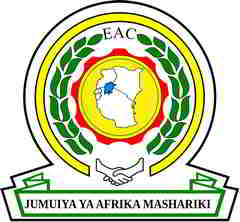
An Authorized Economic Operator (AEO) is defined by the WCO SAFE Framework of Standards as a party involved in the international movement of goods, in whatever function, that has been approved by, or on behalf of, a national customs administration as complying with WCO or equivalent supply chain security standards. AEOs include inter alia manufacturers, importers, exporters, brokers, carriers, consolidators, intermediaries, ports, airports, terminal operators, integrated operators, warehouses and distributors.
The challenge is that businesses in the region are only picking up the EAC AEO Program slowly and that the vast majority of AEOs are in the field of import and export. Very few manufacturers have signed up, none of which are in the selected sectors of the RIVA project (pharmaceuticals, fruits & vegetables, leather). Therefore, the EAC Secretariat is aiming at building capacity to better utilise this program, especially by companies in the selected sectors.
In a bid to facilitate legitimate trade while safeguarding the security of the supply chain, the WCO in 2005 adopted the SAFE Framework of standards which ushered modern supply chain standards and introduced the beginning of a new approach to managing goods across borders.
The Authorized Economic Operator (AEO) Program is derived from the second pillar of the SAFE Framework which emphasises that Customs should form partnerships with businesses that demonstrate a high level of compliance to customs laws and procedures which will in turn be accorded tangible benefits.
The EAC adopted and started the implementation of the AEO program in 2008 to standardise the facilitation of AEO operators across the region. As a voluntary regional program, meant to enhance facilitation of the security of the international trade supply chain the AEO program is designed to offer special package/benefits to operators. The course is therefore to designed to provide the operators with the knowledge they require to join and stay on the program.
- Lead facilitator: Martin Ojok